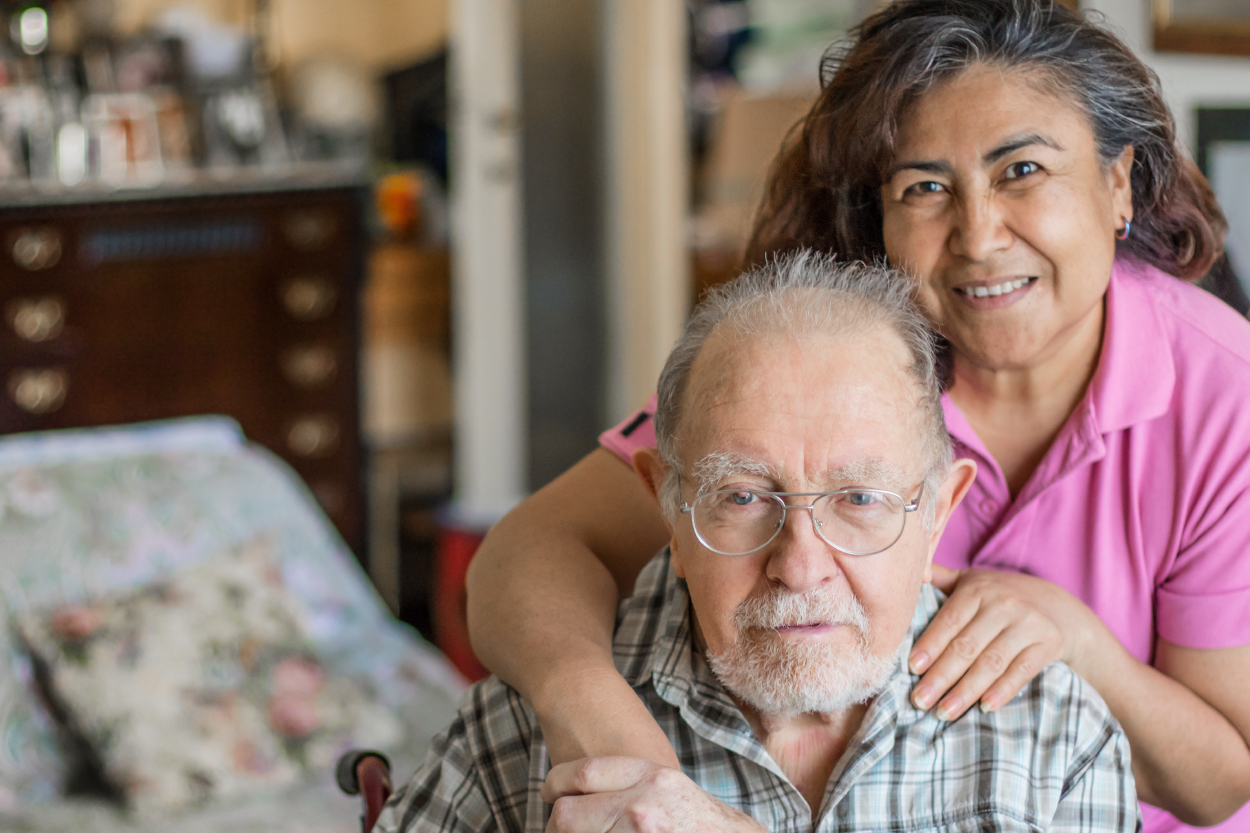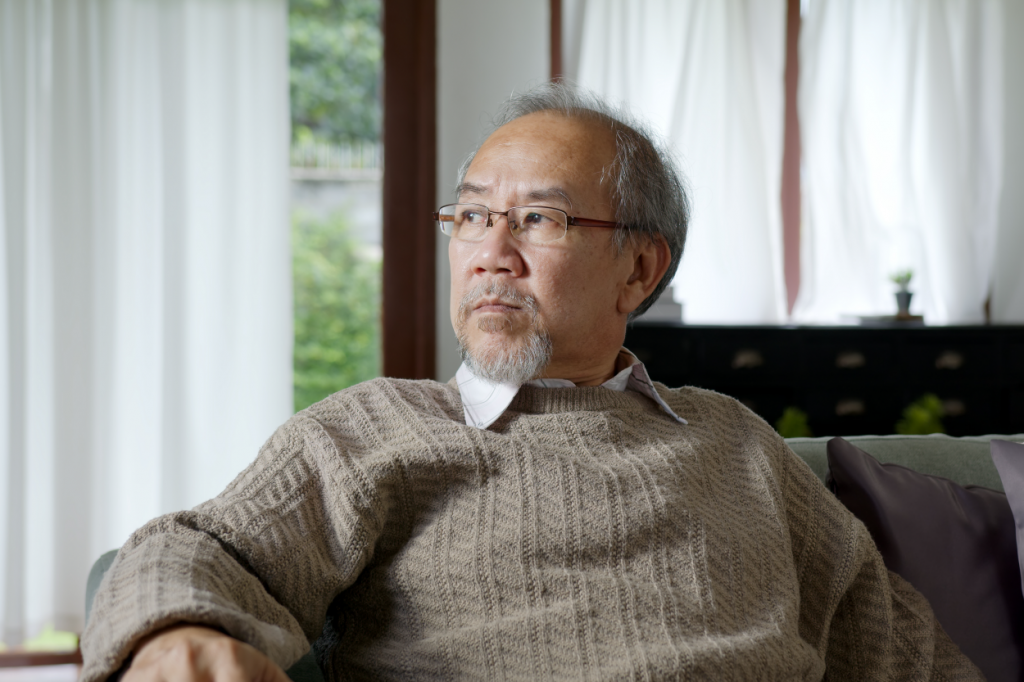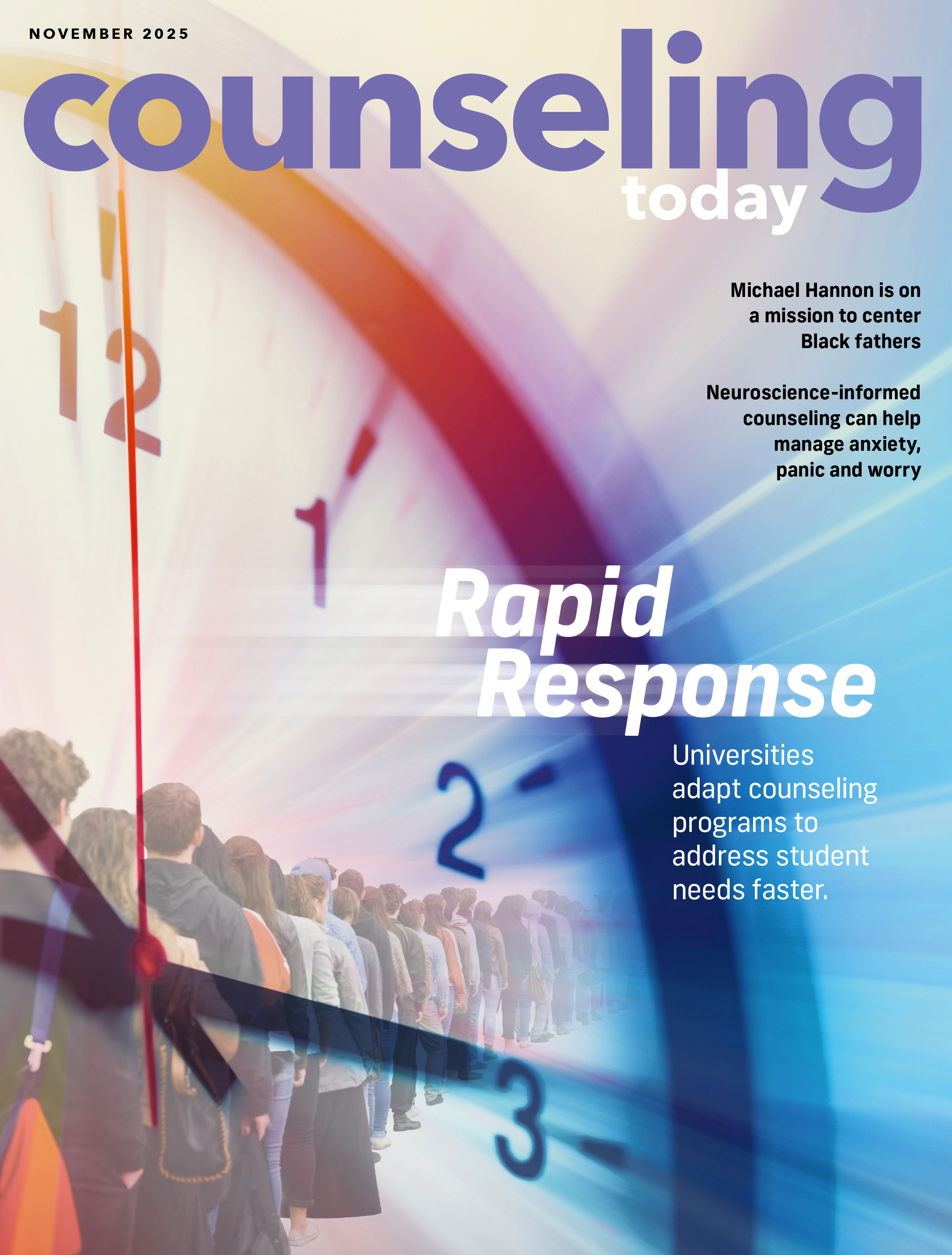Explore Counseling Today Articles
-
 Unexpected lessons and connections in sex offender counselingJanuary 2023 |By Lavinia Magliocco
Unexpected lessons and connections in sex offender counselingJanuary 2023 |By Lavinia MaglioccoIn my final year of graduate school, I interned at a nonprofit agency where I was fortunate to have a great supervisor and experienced colleagues. They asked me whether I would feel comfortable working with Steve (pseudonym) ...
-
 The impact of cultural resiliency on traumatic lossJanuary 2023 |By Jessica Meléndez Tyler and Nancy Thacker Darrow
The impact of cultural resiliency on traumatic lossJanuary 2023 |By Jessica Meléndez Tyler and Nancy Thacker DarrowTrauma and resiliency are not individualistic experiences, so approaching traumatic loss through a cultural resilience framework helps strengthen clients’ healing process and prevent severe mental health outcomes.
-
 Helping youth who self-harmJanuary 2023 |By Bethany Bray
Helping youth who self-harmJanuary 2023 |By Bethany BrayAs increasing numbers of youth turn to self-injury, counselors can offer empathy while guiding young clients to better tolerate their emotions and find healthier ways to cope.
-
 The mental health needs of older caregiversJanuary 2023 |By Lisa R. Rhodes
The mental health needs of older caregiversJanuary 2023 |By Lisa R. RhodesCaregiving can take many forms. A woman in her 50s takes care of her husband who has a life-limiting disease. An adult child cares for an aging parent. Grandparents raise their grandchildren because their adult child is struggling with substance misuse.
-
 4 steps to refresh, recharge and reconnectDecember 2022 |By Autumn Gonzalez
4 steps to refresh, recharge and reconnectDecember 2022 |By Autumn GonzalezSelf-care is always easier said than done, but with these four steps, counselors can ensure they are taking time to care for and invest in themselves.
-
 Tough love: Supporting parents of children in unhealthy relationshipsDecember 2022 |By Katie Bascuas
Tough love: Supporting parents of children in unhealthy relationshipsDecember 2022 |By Katie BascuasHaving an adult child who is in an unhealthy relationship can leave parents feeling helpless, but with the support of a counselor, parents can learn to navigate this situation while still maintaining their own well-being.
-
 Pushing back against fatphobiaNovember 2022 |By Bethany Bray
Pushing back against fatphobiaNovember 2022 |By Bethany BrayCounselors must help clients recognize and reject weight stigma before they can begin to heal and reconnect to themselves.
-
 A beginner’s guide to alexithymiaNovember 2022 |By Jerrod Brown
A beginner’s guide to alexithymiaNovember 2022 |By Jerrod BrownBecause alexithymia can be a risk factor for a range of mental health problems, counselors need to know how to identify and treat the symptoms of this condition.
-
 Embracing fandom in counselingNovember 2022 |By Samantha Cooper
Embracing fandom in counselingNovember 2022 |By Samantha CooperCounselors can build rapport with clients who belong to fandoms by creating a safe environment, incorporating fandom in session and acknowledging the important role it can play in their lives.
-
 Are counselors ready for the metaverse?November 2022 |By Staci Hayes
Are counselors ready for the metaverse?November 2022 |By Staci HayesAs technology continues to shape the world we live in, counselors must not only adapt to but also prepare for the change.
Search CT Articles
Filter CT Articles
Current Issue
Sign Up for Updates
Keep up to date on the latest in counseling practice. Sign up to receive email updates from Counseling Today.


